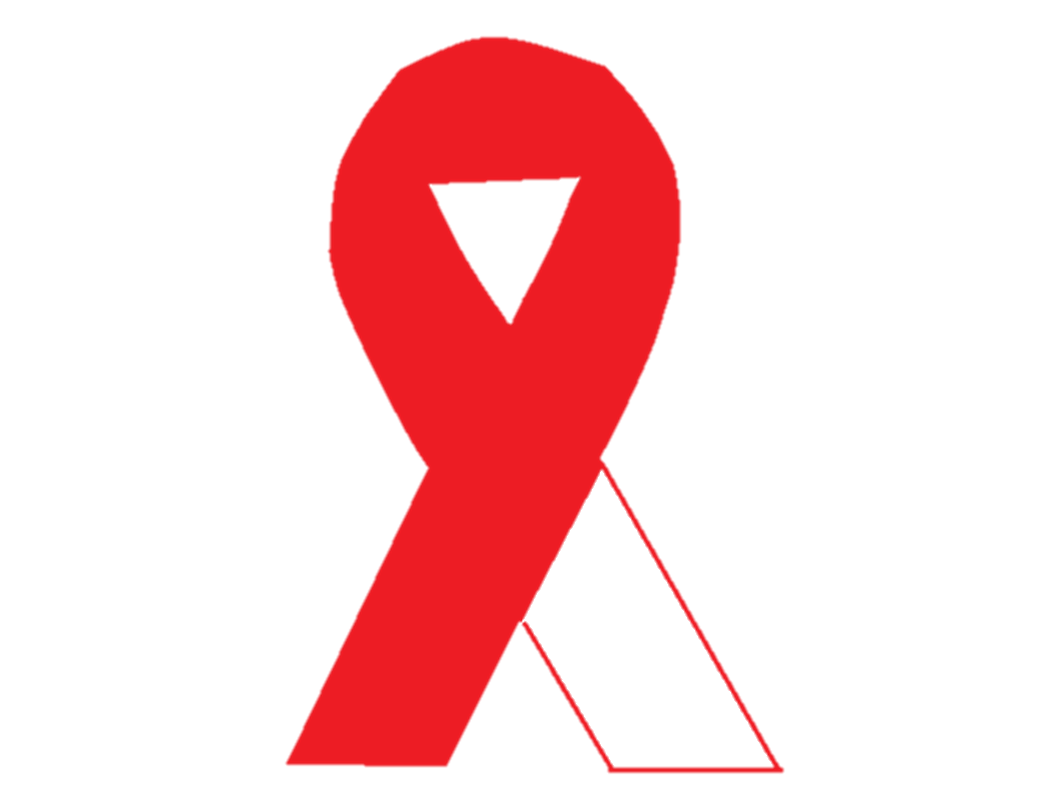Cancer Treatments

Breast Cancer Treatment
Breast cancer is a common cancer in women, accounting for 25% of new cases. Abnormal cell growth forms tumors that can spread to other body parts if not treated early.
Read More
Gynaecological Cancer Treatment
Gynaecological cancers are cancers that affect the female reproductive organs. The most common gynaecological cancers are ovarian cancer, cervical cancer, and uterine cancer.
Read More
Pediatric Cancer Treatment
Pediatric cancers impact children and teens, accounting for about 1% of all cancer cases. However their impact on patients and families is devastating.
Read More
Head and Neck Cancer Treatment
Head and neck cancers affect the mouth, throat, larynx, nose, and sinuses. In India, it accounts for 30% of all cancers, with the highest number of oral cavity cancer cases in the world.
Read More
Lung Cancer Treatment
Lung cancer starts in the lungs and is the leading cause of cancer death in both men and women worldwide. Over 220,000 new cases and 150,000 deaths occur annually.
Read More
Gastro Intestinal Cancer Treatment
GI cancers impact the digestive system (esophagus, stomach, liver, pancreas, colon, rectum). They comprise 26% of global cancer cases and 35% of cancer-related deaths.
Read More
Brain Tumor Treatment
Brain tumors are abnormal cell growths in the brain, either benign or malignant. They can occur anywhere and cause various symptoms based on size, location, and type.
Read More
Genito Urinary Cancer Treatment
Genitourinary (GU) cancers impact urinary and reproductive organs like bladder, kidney, prostate, and testicles. They affect health and quality of life, necessitating early detection and effective treatment for improved outcomes.
Read More
Advanced Radiation Techniques
Radiation therapy effectively treats cancer using high-energy radiation to target and destroy cancer cells, often combined with surgery and chemotherapy. It damages cancer cell DNA, inhibiting growth while sparing healthy cells.
Read More